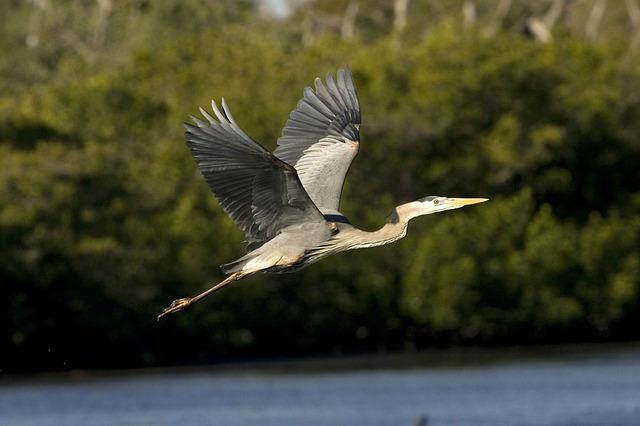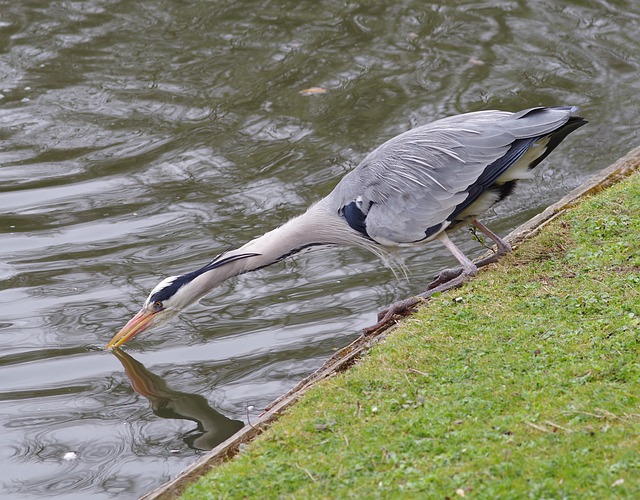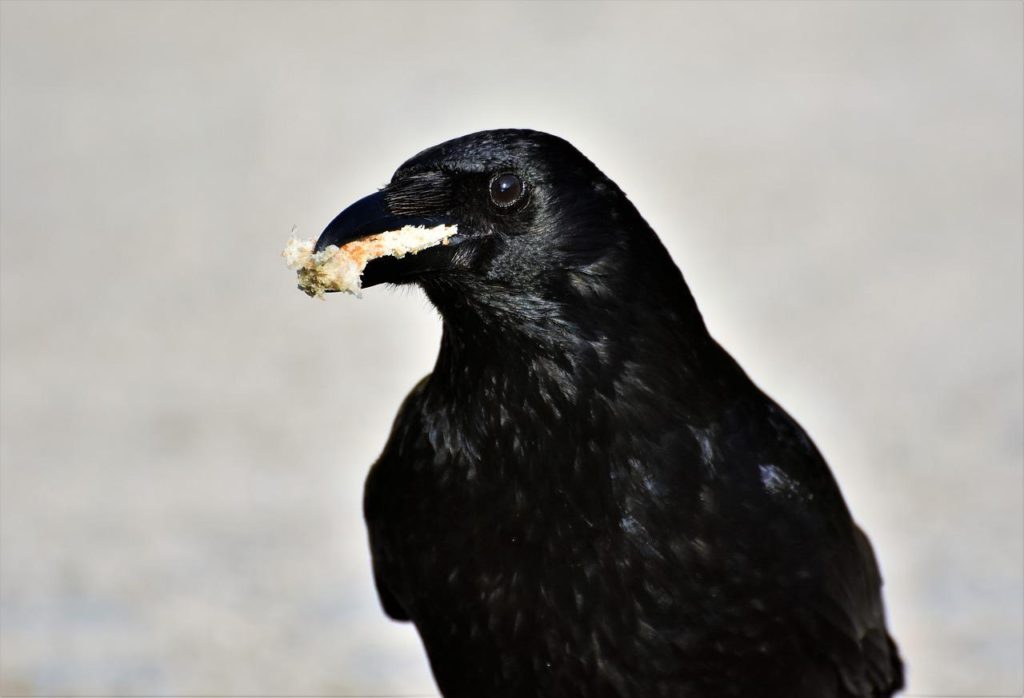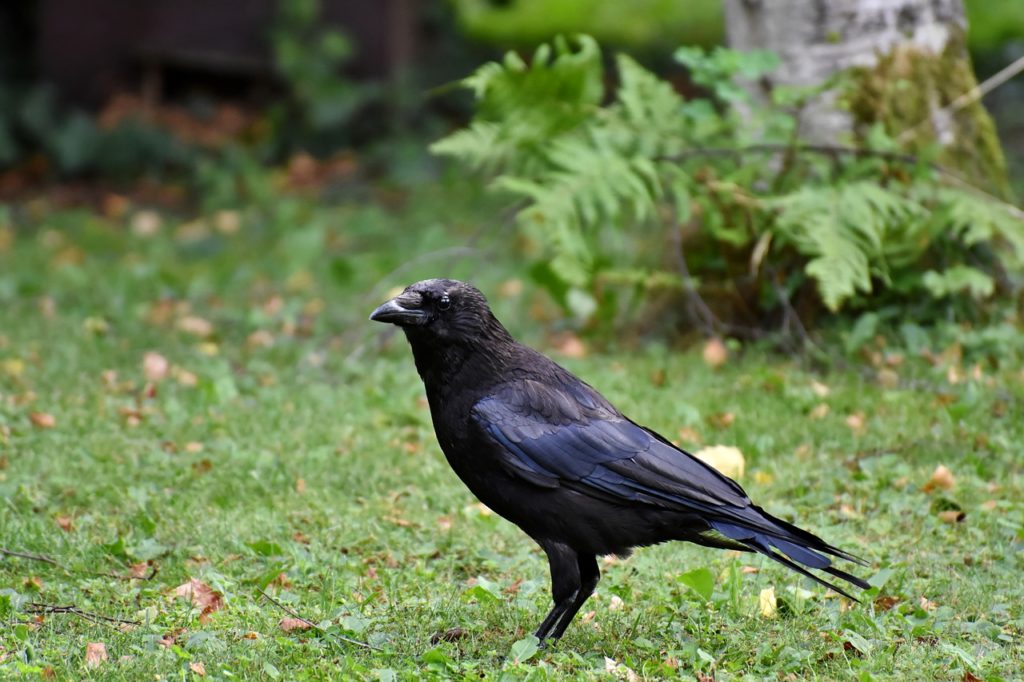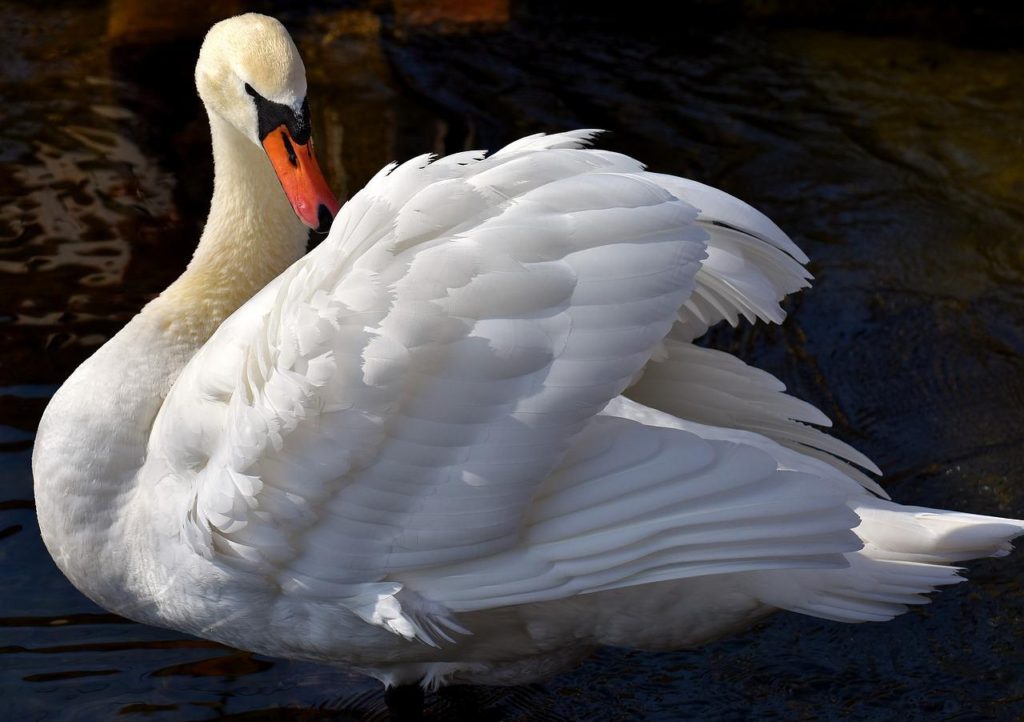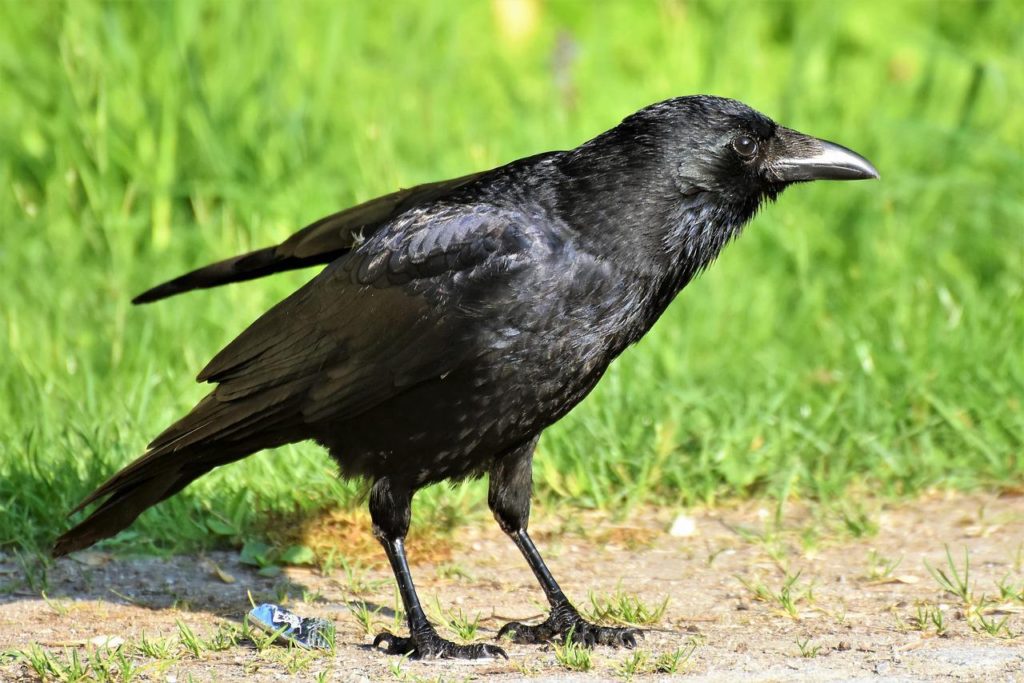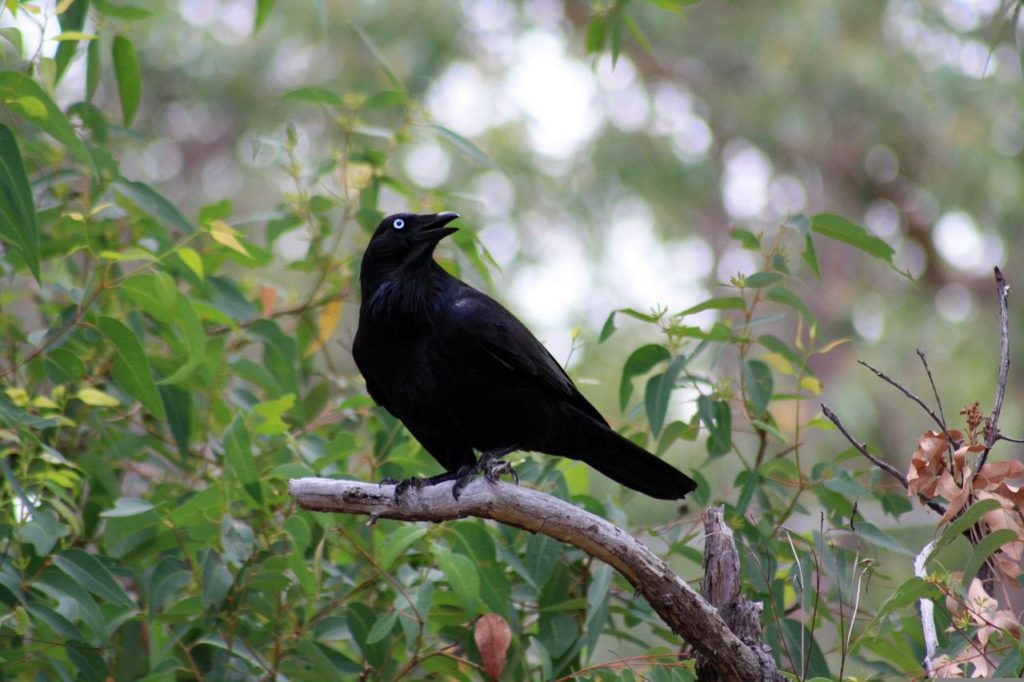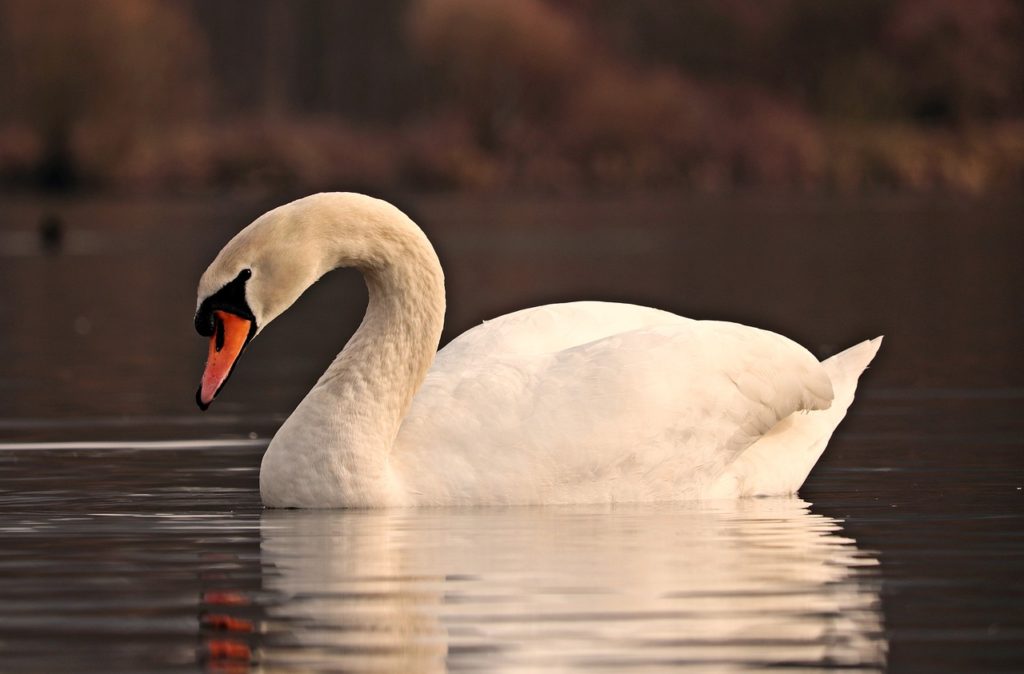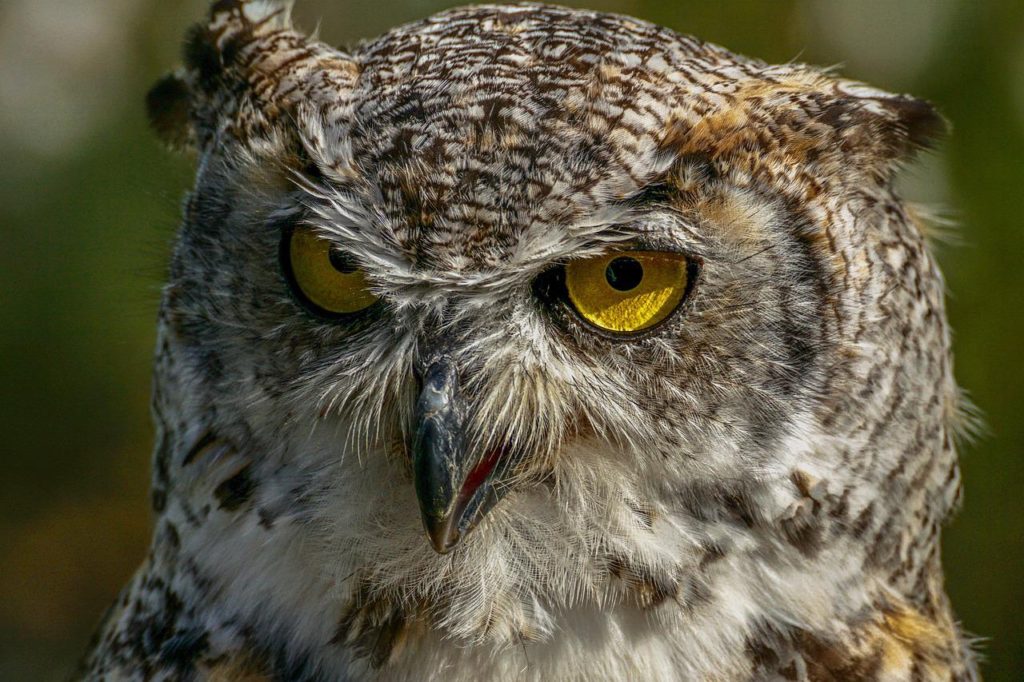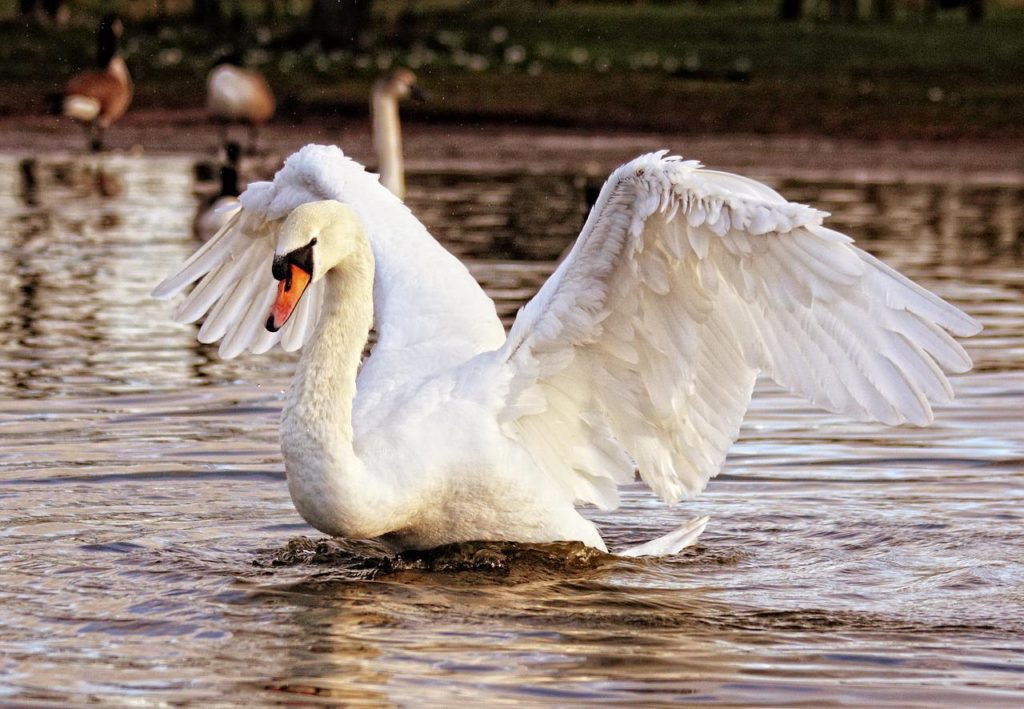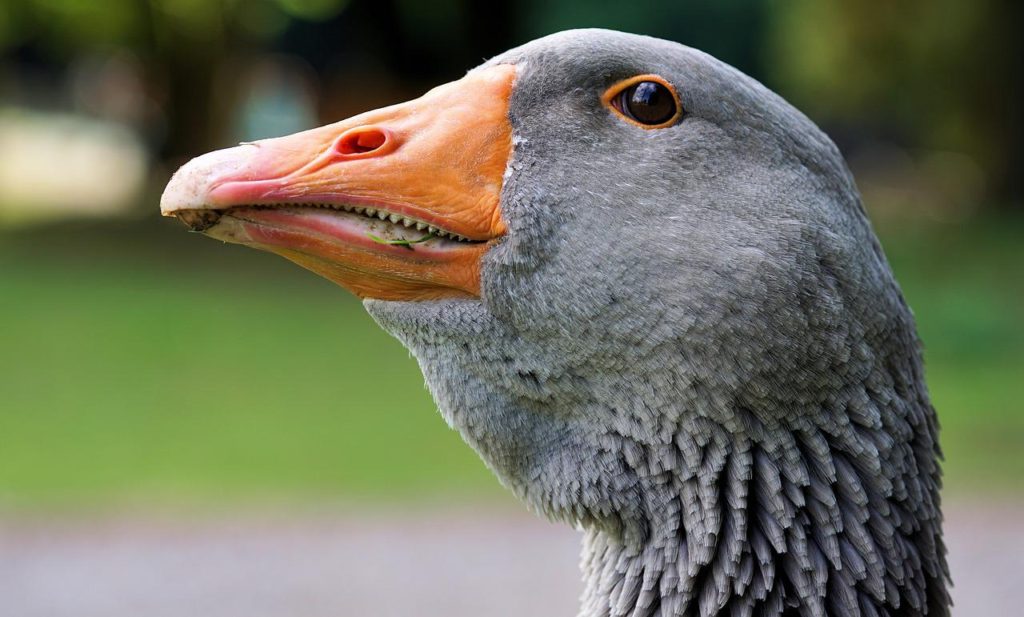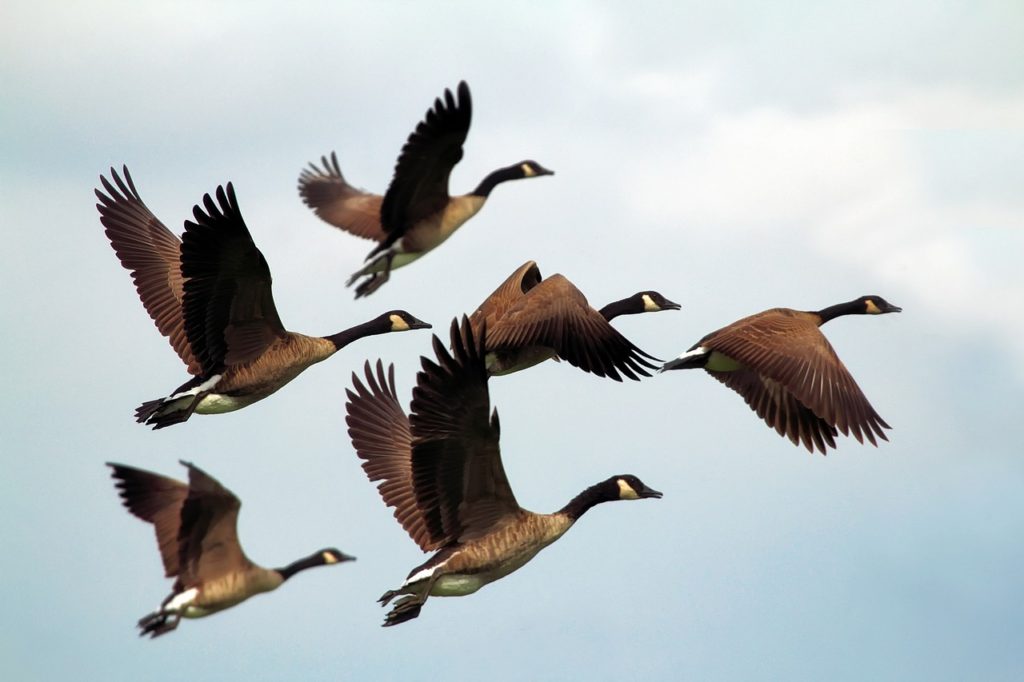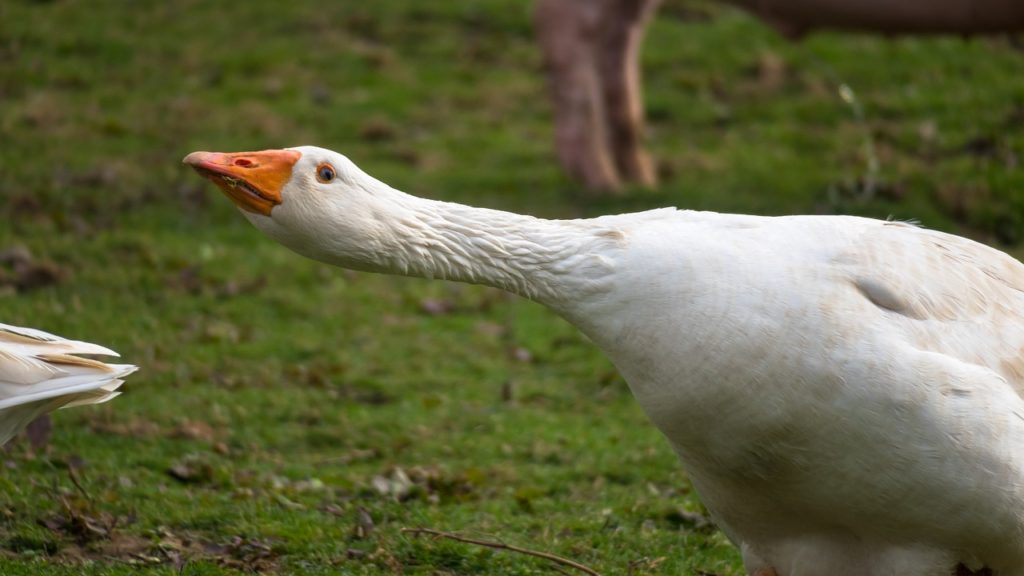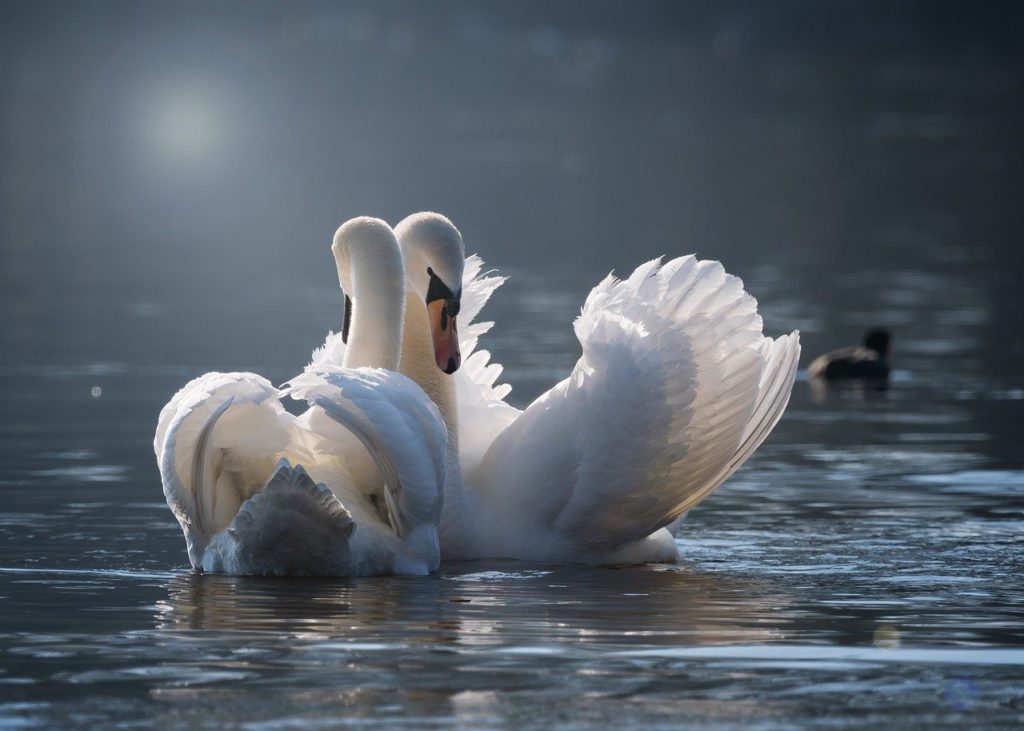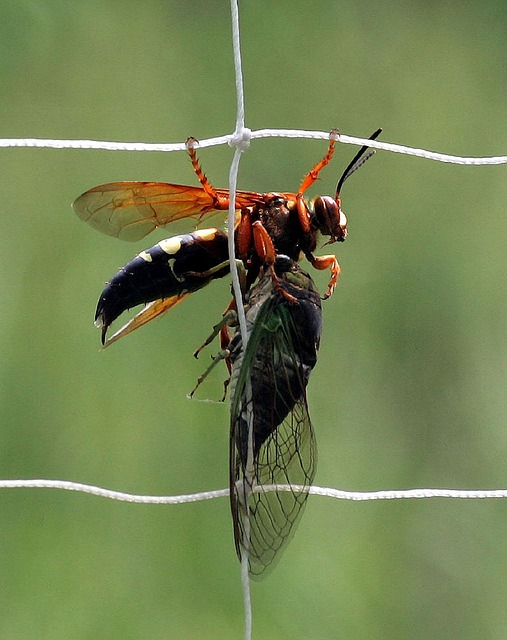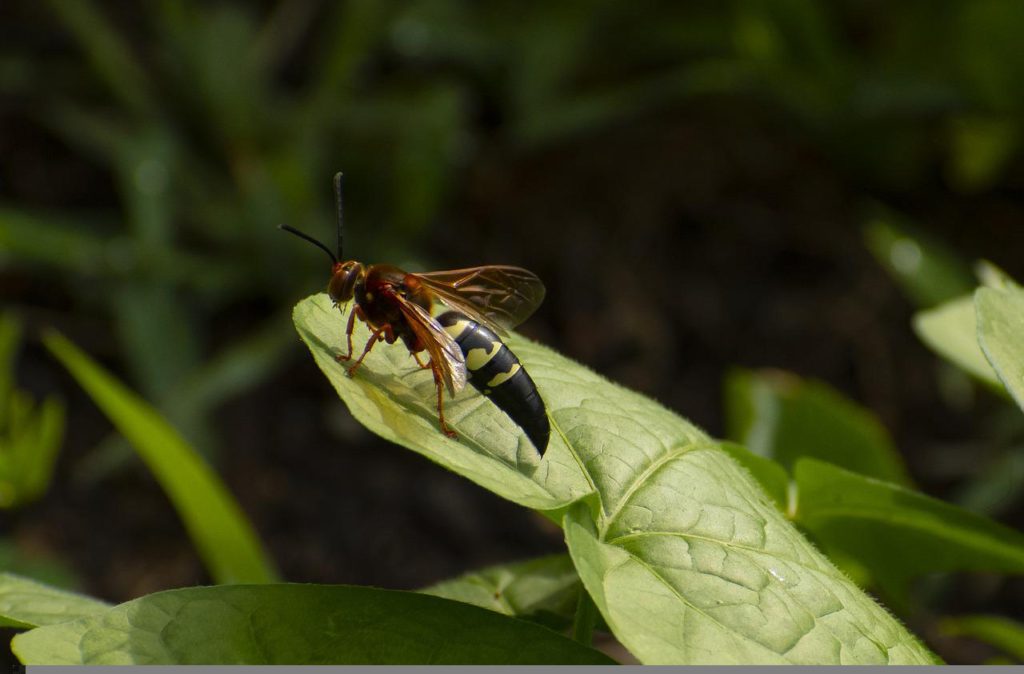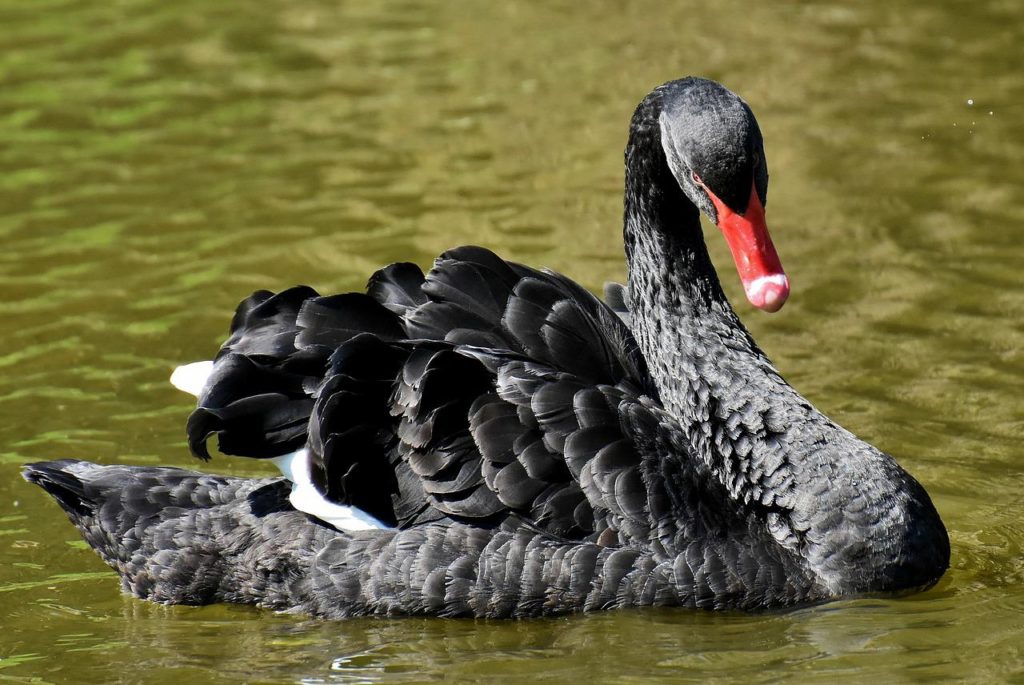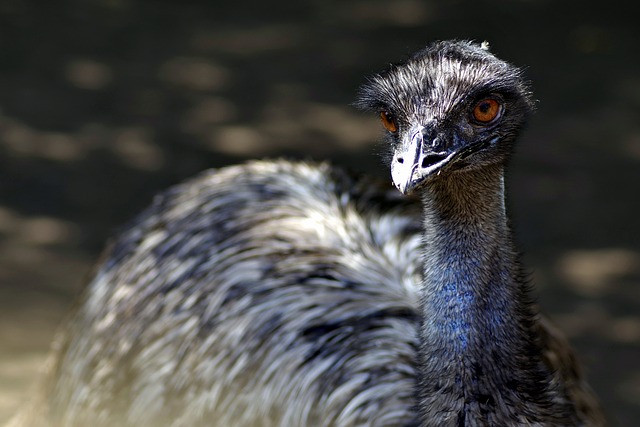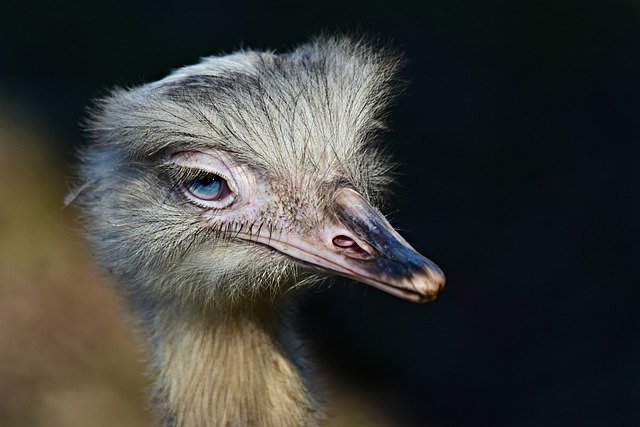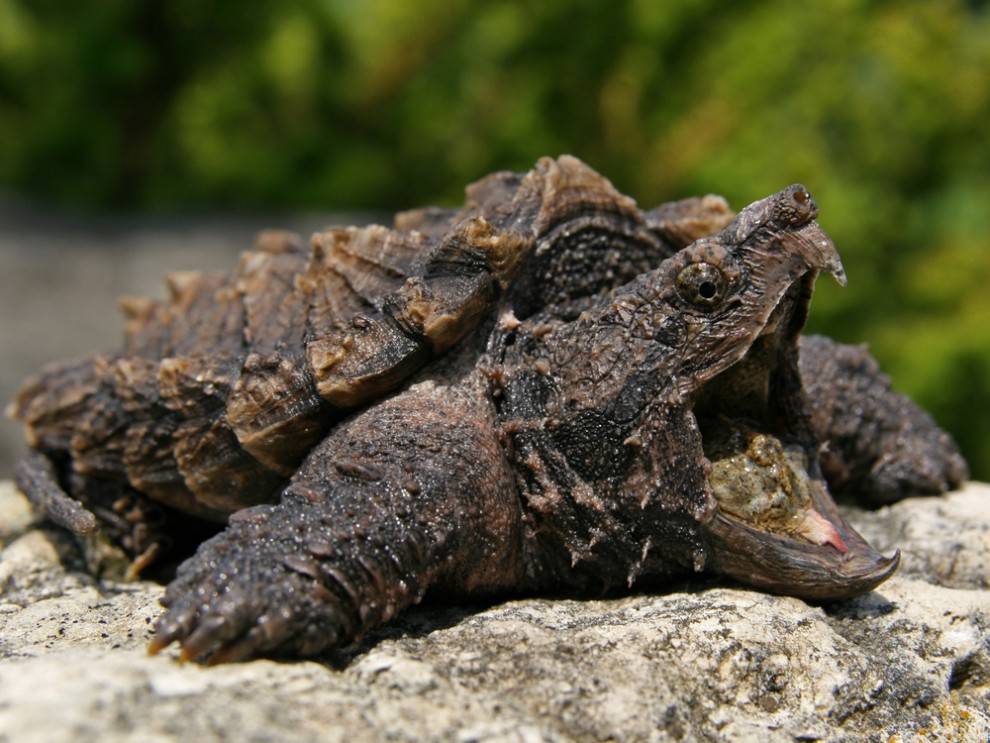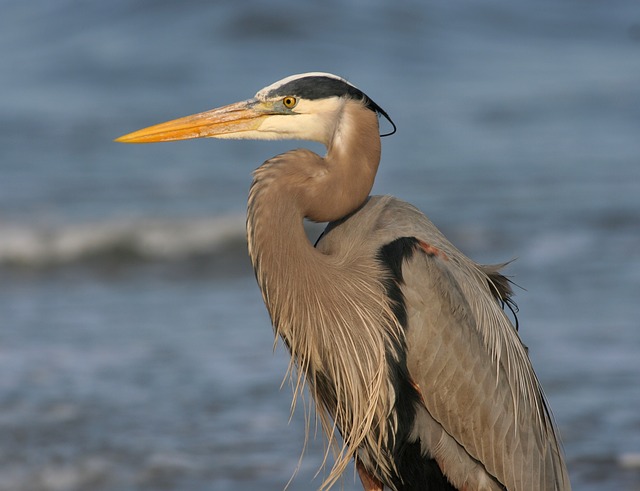
The great blue heron is named for its size and the grey-blue color on its wings, stomach, and back. This species has many fascinating things about it. So here are the top great blue heron facts.
It’s The Largest North American Heron
The great blue heron is a big bird it can stand over four feet tall and have a wingspan of six and a half feet wide. Its size earns it the title of the largest heron species in North America and also the third-largest in the world. The only bigger species are the white-bellied heron and the goliath heron.
The Great Blue Heron Has A Widespread Range
This species can be found over most of North America and even as far north as Alaska. During the winter migration months, the great blue heron can be seen in South America along with the Caribbean islands and Mexico.
An Adult Great Blue Heron Does Not Make For Easy Prey
Heron eggs along with young herons are eaten by several predators such as raccoons and opossums for example. However, the great blue heron’s size and ability to fight back with its long sharp beak mean that it’s not often preyed on even by the handful of animals that can eat herons.
It Is A Highly Adaptable Predator
The great blue heron is a predatory bird. It feeds mostly on fish but is also highly opportunistic. Small rodents, amphibians, reptiles, insects, and crustaceans also make up part of its diet. It successfully hunts and feeds in virtually all types of fresh and saltwater habitats.
The Great Blue Heron Is A Constant Hunter
It’s estimated that herons spend up to ninety percent of their waking hours hunting. This constant searching for food along with their skill at catching fish unfortunately means they are often considered to be backyard pond pests. Without the use of a heron decoy, pond netting, or another deterrent once a great blue heron has noticed a backyard pond, koi and other pond fish are often quickly eaten.
Great Blue Herons Breed In Heronries
During the breeding season, great blue herons will breed and nest in large colonies also sometimes called rookeries, or heronries. These often are made up of several hundred other great blue herons and sometimes other heron species as well.
Nests are built in trees, and sometimes on islands for added protection. They are typically close to water sources that serve as feeding grounds. However, despite breeding and nesting around many other birds, great blue herons are solitary feeders.
There Is An All-White Variety
One of the most interesting great blue heron facts for most people is that there is actually an all-white color variety. Appropriately known as the great white heron it is considered to be the same exact species but just a color morph. The great white heron is not widespread and resides only in the southern part of Florida, the Caribbean, and the Yucatan peninsula.
Start Shopping for Birding Supplies!
What Do Crows Eat?
With roughly 40 different species, crows are a common sight in most places around the world. And while most of us are familiar with their appearance and harsh vocalizations, their diet is not as obvious. So what do crows eat? Here's what you'll want to know. What Do...
What Are Crows Good For?
Crows are widely considered to be pests. However, these large and highly intelligent black birds actually serve quite a few important functions in the environment. So what are crows good for? Here's what you'll want to know. Pest And Parasite Management Crows are...
How Long Do Swans Live?
Swans are graceful and beautiful creatures and as such, people have many questions about them. They want to know about their mating rituals, their diet, their preferred habitats, and even their lifespans. How long do swans live for anyway? Swan lifespans actually vary...
Are Crows Good Pets?
People all around the world see and hear crows on a daily basis. Although these intelligent and dark birds are practically ubiquitous, most people don't think of them as being household pets. Are crows good pets? The general consensus is that crows do not make...
Are There Crows In Australia?
Crows are remarkably smart birds that also happen to be extremely adaptable. They navigate unfamiliar circumstances via observation and interaction. Crows reside in locations all over the globe. While they do not live in certain parts of South America, they do reside...
What Do Swans Eat?
Swans are famously long-necked birds that are symbols of romance, love, beauty, and purity. Since these waterbirds have so many admirers, people often wonder about their eating habits, behaviors, and more. What do swans eat, anyway? Swan Basics Swans typically live in...
Birds That Look Like Owls
Owls are typically solitary and mainly nocturnal birds. And although these well-known hooting creatures have a rather distinctive physical appearance, there are actually various other kinds of birds that resemble owls closely. And people sometimes mix them up. So...
Why Are Swans Protected?
Swans are graceful and gorgeous creatures. They also happen to have protection in the United Kingdom, interestingly enough. Why are swans protected there, anyway? And does the Queen own all the swans? Yes, she actually owns any mute swans that are unclaimed in both...
Birds With Teeth
Birds do not have teeth. However, there are quite a few that really look like they do! These birds have evolved special beaks which help them to perform important functions. So here are some of the most amazing birds with “teeth,” and what you’ll want to know about...
Do Geese Fly?
Although geese are clearly birds, there are many individuals who do not necessarily associate them with flying. So, do geese fly? The honest answer is that these waterfowl do. They do not exactly slouch in the flying department, either. Many people are pleasantly...
Are Geese Dangerous?
Geese, in brief, are waterbirds that are quite substantial in size. Since they're often spotted on golf courses, at schools, and in community parks, people understandably tend to wonder whether they're safety threats. Are geese dangerous? Why Geese Attack...
Do Swans Mate For Life?
Swans are famously elegant waterbirds that are known for their sizable bodies, webbed feet, and lengthy necks. People often associate them with romantic imagery and monogamy. Do swans mate for life? You can find the response to that common and rather fascinating...
When Do Cicada Killers Come Out?
Whether you dread them each year or are waiting for them to emerge and control the cicada population you may be wondering, “When do cicada killers come out? The answer is they come out each summer in late June or July. Here’s what you’ll want to know. Cicada Killer...
Are Cicada Killers Dangerous?
One look at one of these huge wasps buzzing around, your yard, and it’s only natural to ask, “Are cicada killers dangerous?” Fortunately, these wasps are mild-mannered. But here’s what you’ll want to know. Cicada Killer Wasps Basics Cicada killers emerge from the...
What Are Black Swans?
What are black swans? Black swans (Cygnus atratus) are sizable waterbirds. This species primarily appears in Australia's southwestern and southeastern portions. The black swan is nomadic in its homeland. This bird, true to its name, is mostly black. Although the bird...
What Do Cicada Killers Eat When There Are No Cicadas?
What do cicada killers eat when there are no cicadas? Well, while cicada killer wasps do hunt cicadas, the adults don’t actually eat them or kill them, their young do. Read on to learn more! The Cicada Killer Diet While you may have seen cicada killer wasps flying...
Do Cicada Killer Wasps Sting?
As one of the biggest species of wasp in North America the cicada killer wasp can be intimidating. And because of their size, appearance, and scary-sounding name, many people wonder, “Do cicada killer wasps sting? The answer is yes and no, and here’s what you’ll want...
Emu Facts
Did you know? One emu egg can make an omelet that can feed up to six adults. Did you know that the emu is the only bird with calf muscles? Can an emu walk backward? Let us find out by exploring some of the most jaw-dropping emu facts. Emus Have Amazingly Powerful Legs...
Rhea Facts
Doting dads, did you know the male rhea builds the nest, incubates the eggs, and takes care of the young? The rheas are paragons of parental care. It’s a bird like no other, and you will be surprised by the following rhea facts. Rheas Are One Of The Best Dads In The...
